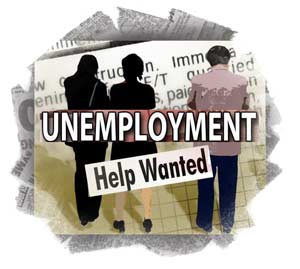 Some of Ireland’s leading non-governmental organisations (NGO’s) and trade unions have formed a joint initiative to launch a new campaign called “The Poor Can’t Pay”. This coalition aims to mobilise all out active opposition to proposed cuts to basic social welfare payments and possible proposed cuts to the minimum wage.
Some of Ireland’s leading non-governmental organisations (NGO’s) and trade unions have formed a joint initiative to launch a new campaign called “The Poor Can’t Pay”. This coalition aims to mobilise all out active opposition to proposed cuts to basic social welfare payments and possible proposed cuts to the minimum wage.
The Poor Can’t Pay initiative claim that people earning the minimum wage or who presently living on social welfare had no hand act or part in causing Ireland’s economic crisis and should therefore not be forced to pay the price for Ireland’s current recession.
The campaign was launched jointly by Age Action, Barnardos, CORI Justice, EAPN, Focus Ireland, INOU, Mandate, National Women’s Council of Ireland, SIPTU and St. Vincent de Paul (SVP).
Organisers are now calling on other NGO’s and trade unions to sign up to further add weight to the campaign.
The Poor Can’t Pay said it is now vital for the present Government to live up to its promise to protect the most vulnerable in society from the impact of a recession which is not of their making.
John Mark McCafferty of SVP speaking on behalf of the Poor Can’t Pay campaign said:
“We hear all the time from many commentators who say it is inevitable that basic social welfare payments and the minimum wage must be cut. This campaign aims to highlight that most people in Ireland do not accept this view and they actually believe that we must do all we can to protect the most vulnerable people in our society. The reality is that cuts to welfare payments will mean people going without food, essential healthcare, children getting no presents at Christmas and pensioners wondering if they can afford to keep the heat on. We all need to ask ourselves as a nation, are these the people who should be forced to pay the cost of the economic crisis? It’s important to stress that the Christmas welfare payment is not a “bonus” but rather a key part of the income of the poorest households. If it the Government does not make this payment it represents a real cut in income to the families and single people who can least afford it, adding to their hardships.”

Leave a Reply